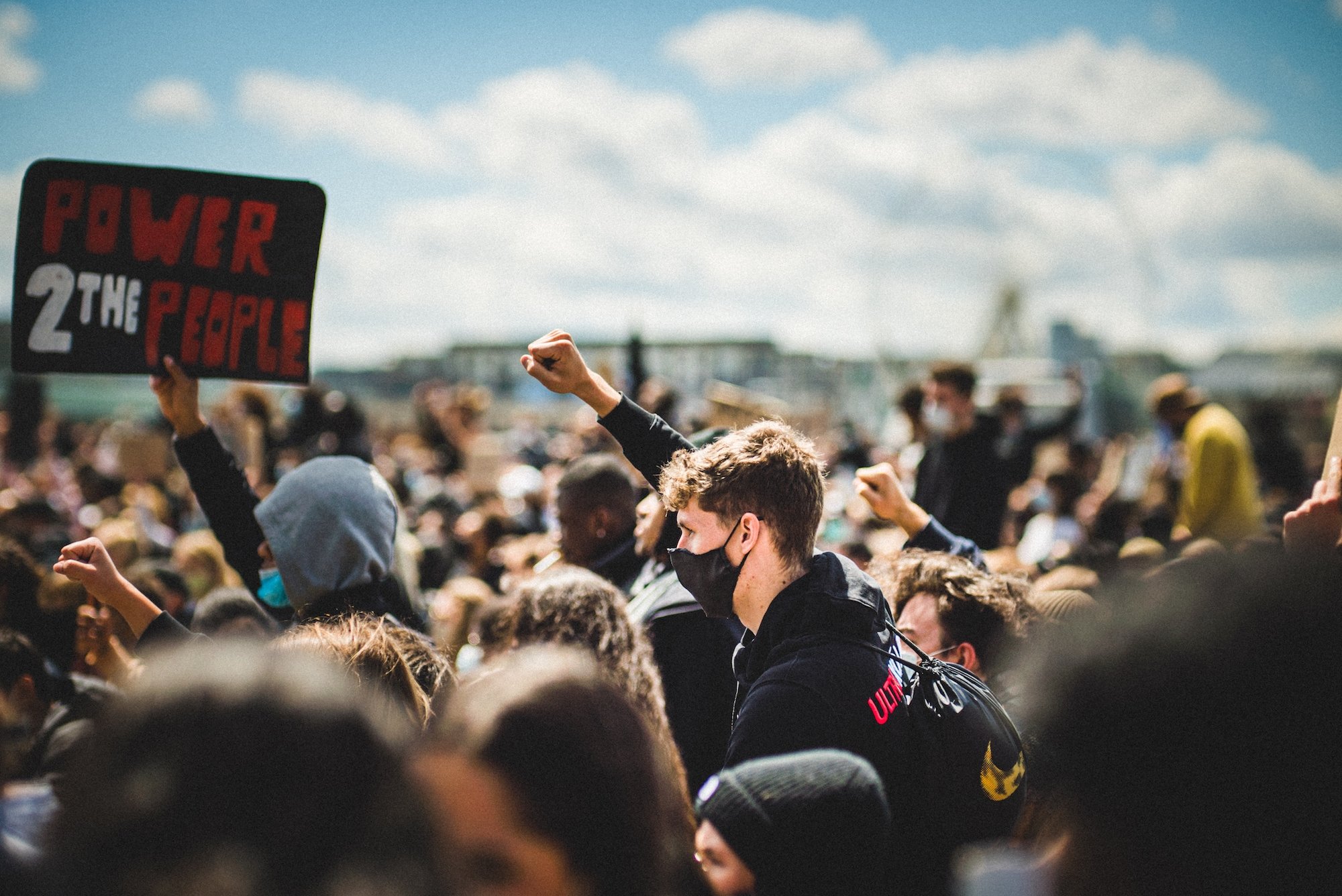We Need Bold New Ideas for the Great Reset
This article was originally published on Medium.
The Covid-19 pandemic is not the first time that global events have necessitated a rethink of the state of the world. Market-driven capitalism has been the greatest engine of wealth creation in the history of the planet, and yet, it has become increasingly clear that some part of our system is broken. Conflict and violence are on the rise and democracy is retreating globally. We are living in a world in transition from the unipolar system present since the fall of the Soviet Union, to a complex multi-polar world where liberal democracy is falling out of favor.
Klaus Schwab, founder of the World Economic Forum, has written extensively about the Great Reset, an initiative for starting fresh after Covid-19 rather than returning to what we had before. The World Economic Forum has been a clearing house for neoliberal economic thought since its founding in 1971, but now even Klaus Schwab clearly disinherits this economic paradigm. In Time Magazine he summarizes it as “the market knows best” and writes: “Those dogmatic beliefs have proved wrong.”
Still, no clear alternative to neoliberal economic thought has emerged. While economists have found incremental improvements there is a distinct lack of visionary thinking. What will the new paradigm of economics be? In Another Now, Yanis Varoufakis tries to answer this question.
Photo by Mika Baumeister on Unsplash
Another Now: Dispatches from an Alternative Present is the 5th popular book by economist Yanis Varoufakis. The publisher describes it as “a thought experiment, blending platonic dialogue with speculative fiction”. Varoufakis has referred to the book as science fiction, and it does have a sci-fi feel in places, and especially in the conceit of a wormhole built between two parallel universes that allows the comparison between our now and the titular other now to be made by the characters. More than that, it feels utopian. An unlikely series of events following the 2008 financial crisis cause the other now to take a path different from our own. But ultimately, this is a book about economics, and a specific, detailed proposal for a new economic world order.
Varoufakis has written a lot about the financial crisis and this expertise alongside his political and economic philosophy, made him appealing to a new radical leftist party in Greece. In 2015, he was pulled out of academia and into politics, joining the government as finance minister.
After his government capitulated to the demands of the EU, Varoufakis resigned in frustration and began trying to paint a clearer picture of an alternative future. In Another Now, liberal democracy and free markets are unshackled from capitalism. This post-capitalist world jettisons share markets, commercial banks, free trade and private land ownership. The effects of these radical transformations are far-reaching, and Varoufakis explores them in considerable detail.
Varoufakis’ proposals can be seen as economic design thinking where systems, mechanisms and principles are rearranged to produce better outcomes. Free-market competition works well for goods and services, but democratic decision-making and local autonomy are more important for property and labor.
In Varoufakis’ corporations, the principle of “one person, one vote” applies. Jobs and profits within a corporation are distributed democratically. Existing members decide collectively whether to admit new ones and can remove members who are hazardous to the firm.
In the case of property, Varoufakis’ proposal will appear extreme to most readers: he suggests that real estate should be collectivized under community ownership where it is leased out to tenants through annual auctions. The community decides democratically how much property to set aside for social housing which is apportioned by lottery.
It’s true that social housing has proven quite effective in some cities. Vienna and Singapore are notable examples. With 60 percent and 82 percent of citizens living in public housing respectively, both cities rank highly on economic output as well as quality of life. Singapore tries to encourage home ownership by selling public housing to the occupants because they want to encourage stakeholdership in society. Still, Varoufakis deserves praise for being unafraid to put radical ideas onto the table.
Universal Basic Income is another radical idea that has been gaining popularity among progressive activists in recent years. Varoufakis takes a bold approach to basic income: take the power to create money away from the commercial banks and give it to the central bank in the form of a basic income instead. By adjusting the basic income level and interest rates, the central bank can maintain price stability even more easily than under the current system.
Varoufakis also has a lot of radical and interesting things to say on immigration and international trade. He proposes that the humane principle would be to reverse the current situation where goods and services can cross borders easily while people cannot but suggests that in practice each district should decide for themselves whether they wish to welcome immigrants and how many.
In Varoufakis’ alternate universe, a grassroots movement brings about all these changes. It’s clear that Varoufakis hopes to inspire such a movement in our universe too. We may not all agree with the policies exactly as he has laid them out, but no one can claim that Varoufakis, in his critique of the world as it is, has no alternative in mind. For me, I would like to read a few alternatives more. Who will write them? I hope you do.


